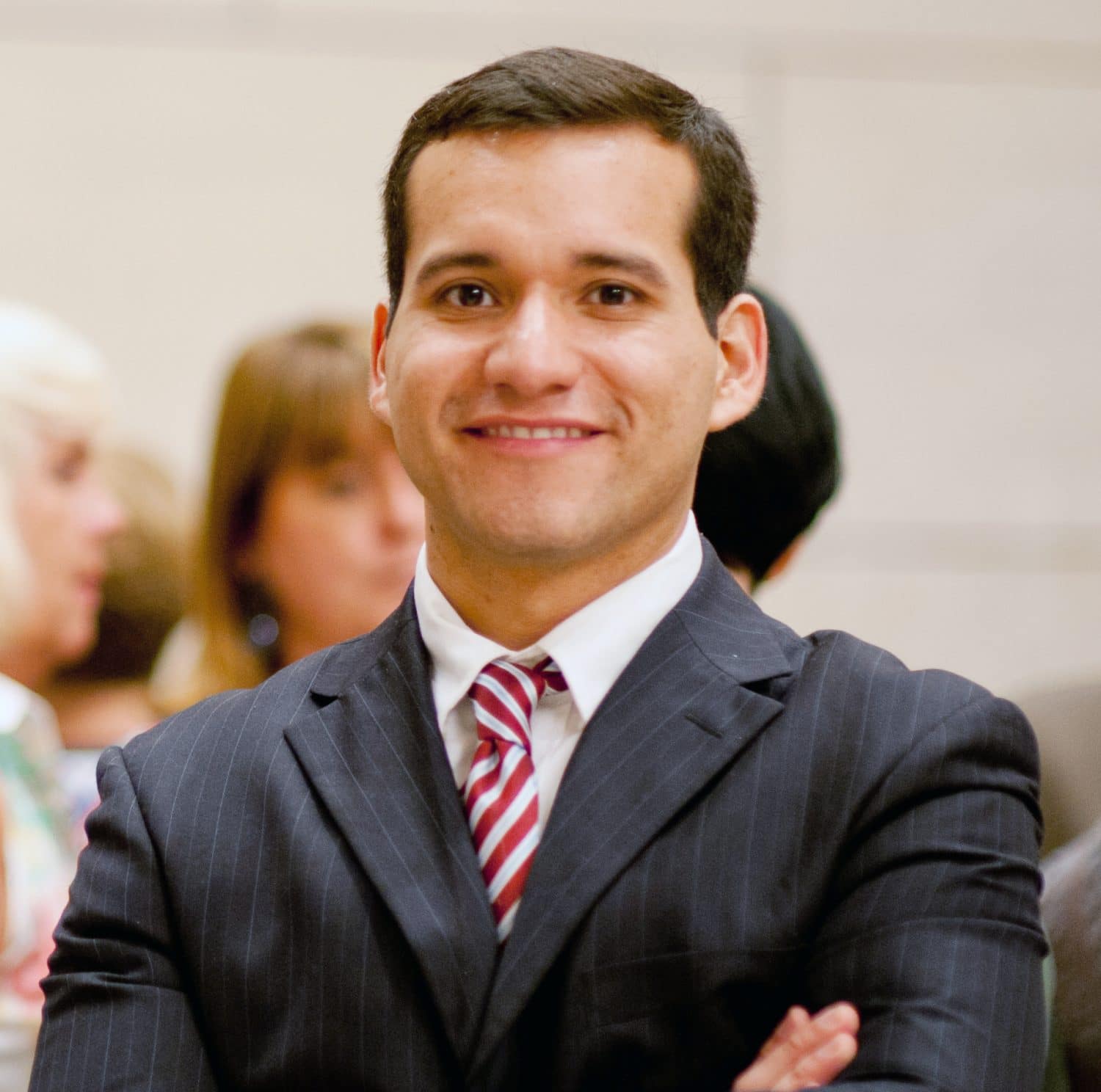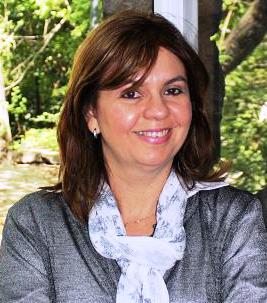The blue and gold of Reflective Teaching
A week ago the internet went crazy over a dress on a hanger. “What colors is this dress?”, people just had to know. Many people saw it like I did, white and gold. Others saw it as blue and black. Both camps came up with theories to justify not only that they were right but, more importantly, that the other group was wrong.
*Sighs*
In a way, colors are nothing more than an optical illusion. However, if we can vary so much on our perception of concrete objects (like a dress), what is that to say of more abstract events or complex processes (such as a lesson or the language learning process)?
Perception is tricky. Perception differs from individual to individual. Perception can even change with the same person at different times (e.g. not liking a movie once and loving it the second time you see it).
Those are quasi-truisms, but we (myself included) don’t often work based on those premises. Take, for instance, our tendency to overvalue our perception of our experiences: “This works in class”, “this would never work with Brazilian students”, “my students learn better this way”, etc. Those sentences might be indicative that we are not only taking our point of view (one of many possible) as the one and only truth, but also generalizing from there. And here is where the danger lies.
I’m not trying to downplay the value of experience. As Freire (1993/2012, p.61) said, “o que me parece fundamental deixar claro é que a leitura do mundo que é feita a partir da experiência sensorial não basta. Mas, por outro lado, não pode ser desprezada como inferior.” [To me what seems to need to be made very clear is that the reading of the world done from sensorial experience is not enough. But on the other hand, it cannot be despised as inferior]
Our classroom experience is extremely important, but for the experience to be useful, as Freire puts it, we need to step back and think it over. Give it a second thought, be it by discussing it with fellow teachers, being observed, observing other teachers, or reading about it. And by reading, I mean studying.
I don’t know why, but for a profession that makes a living out of other people’s study, we teachers sure seem paradoxically averse to it at times. Teacher education, says Freire, tends to dichotomize theory and practice, and either emphasize practice as the only thing worth anything or negate it completely in favor of theory.
It’s 2015 already. We should be able to see it both ways. The gold of reflective teaching lies in being able to transit from theory to practice and back again, understanding the two not as opponents but as intertwined concepts. To phrase it like Freire, it’s theory wet from practice, practice wet from theory. For crying out loud, the dress is both white and gold and blue and black. It all depends on the eye cells we use.
Reference:
Freire, P. (1993/2012). Professora, sim; tia, não: Cartas a quem ousa ensinar [Teachers as cultural workers: Letters to those who dare teach]. 23rd ed. Rio de Janeiro: Civilização Brasileira.






